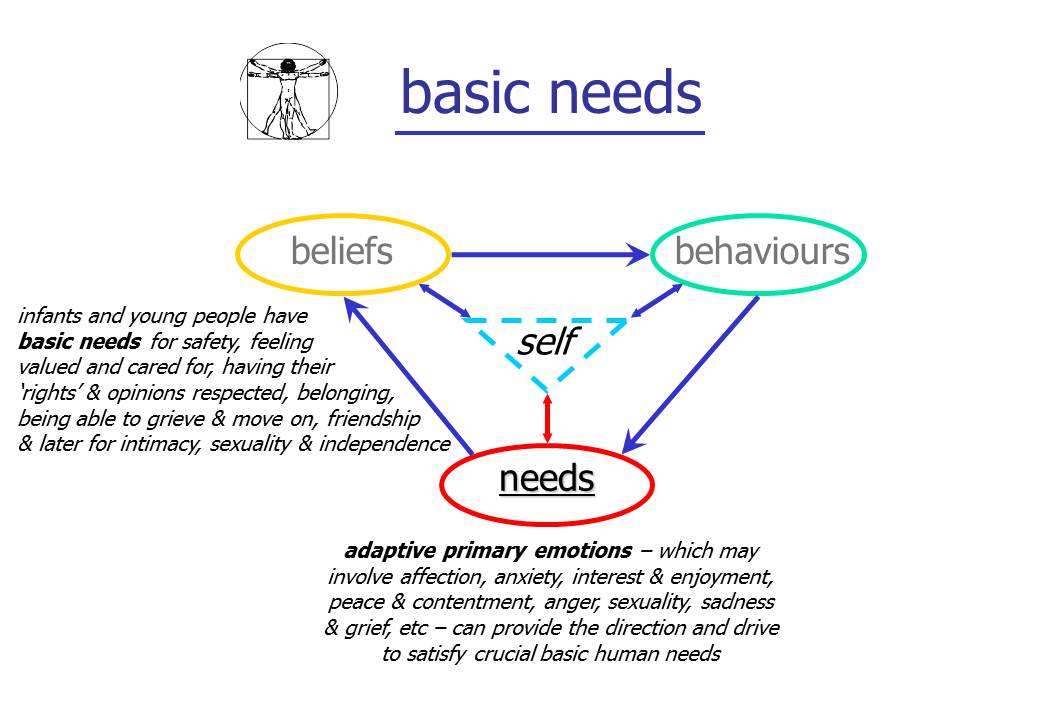Opening up group, fifth session
Last updated on 19th October 2010
I wrote just a few days ago about the fourth session of this "Opening up" group. This fifth session was a full day meeting. Good to have a whole day together. A bigger pool to swim in, more time to explore. Nice too to share food together - we all brought contributions for lunch.

